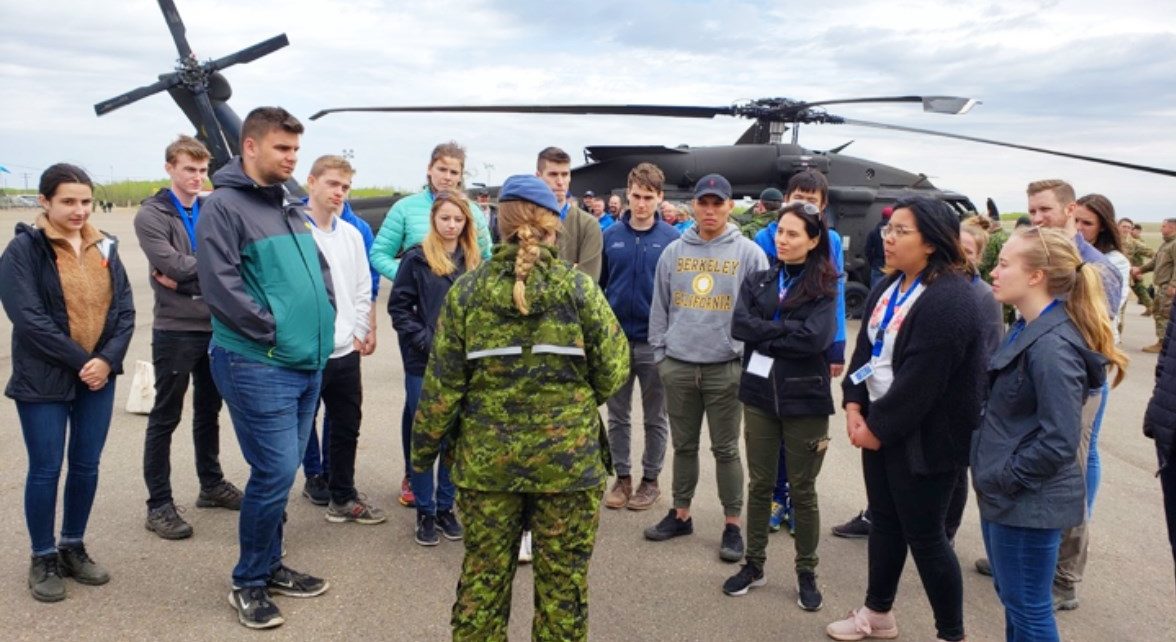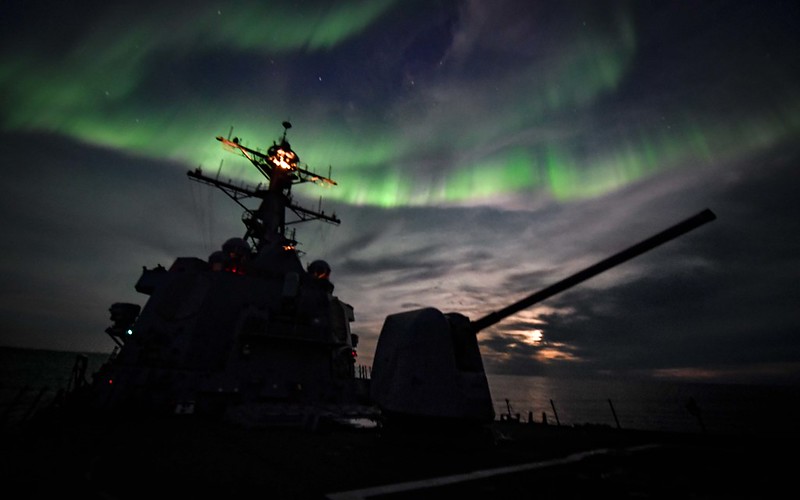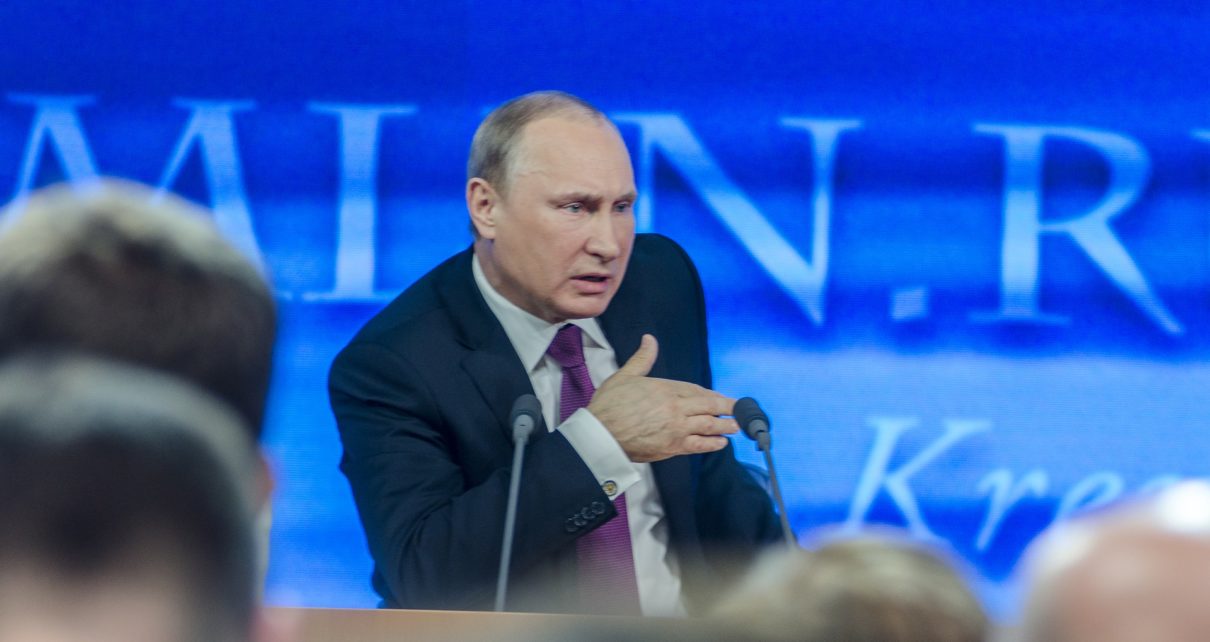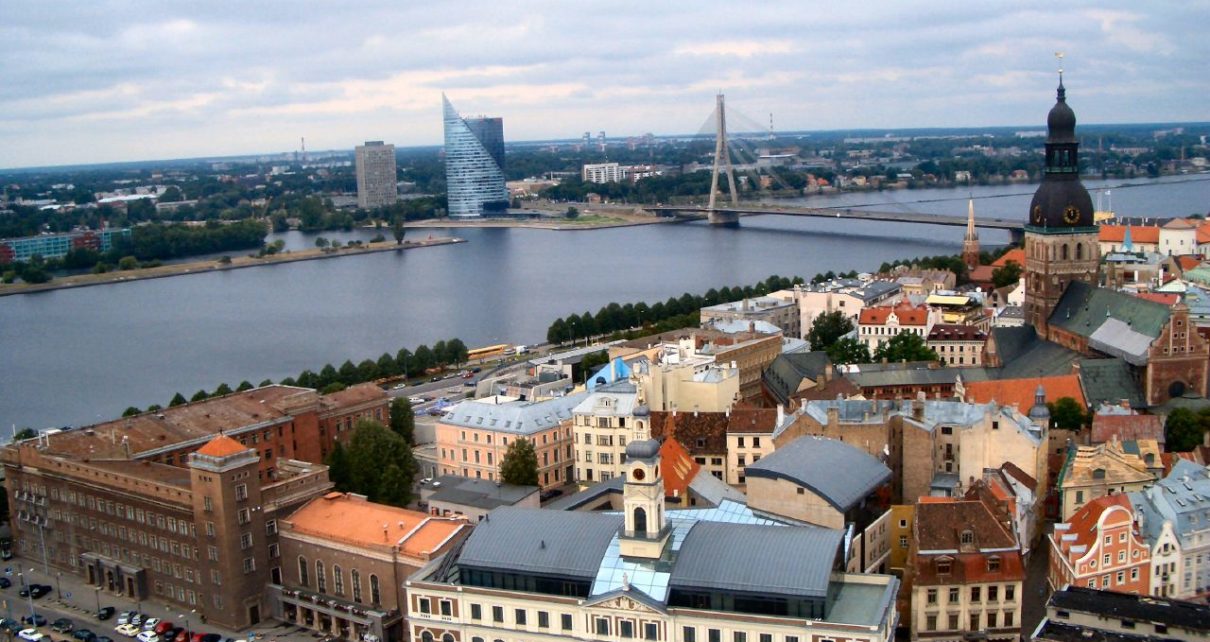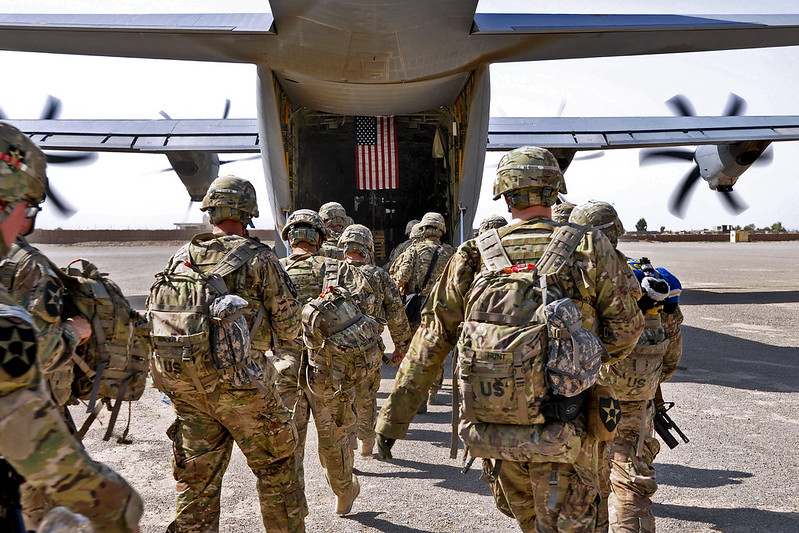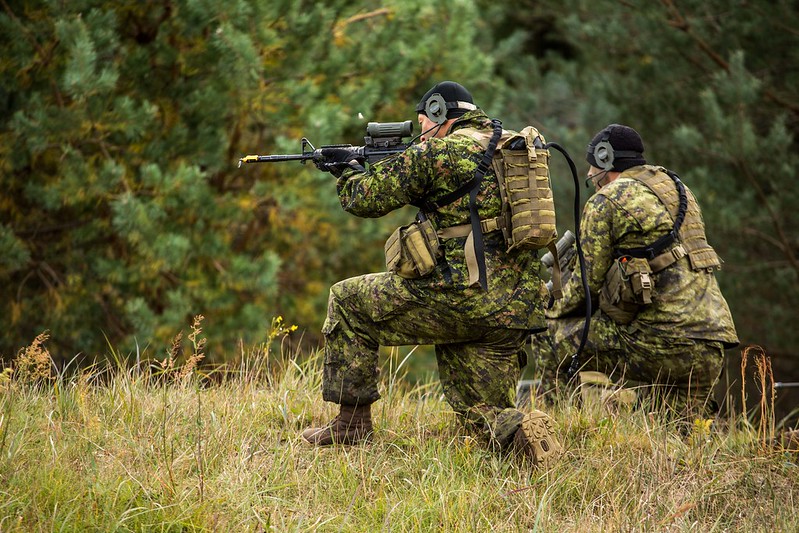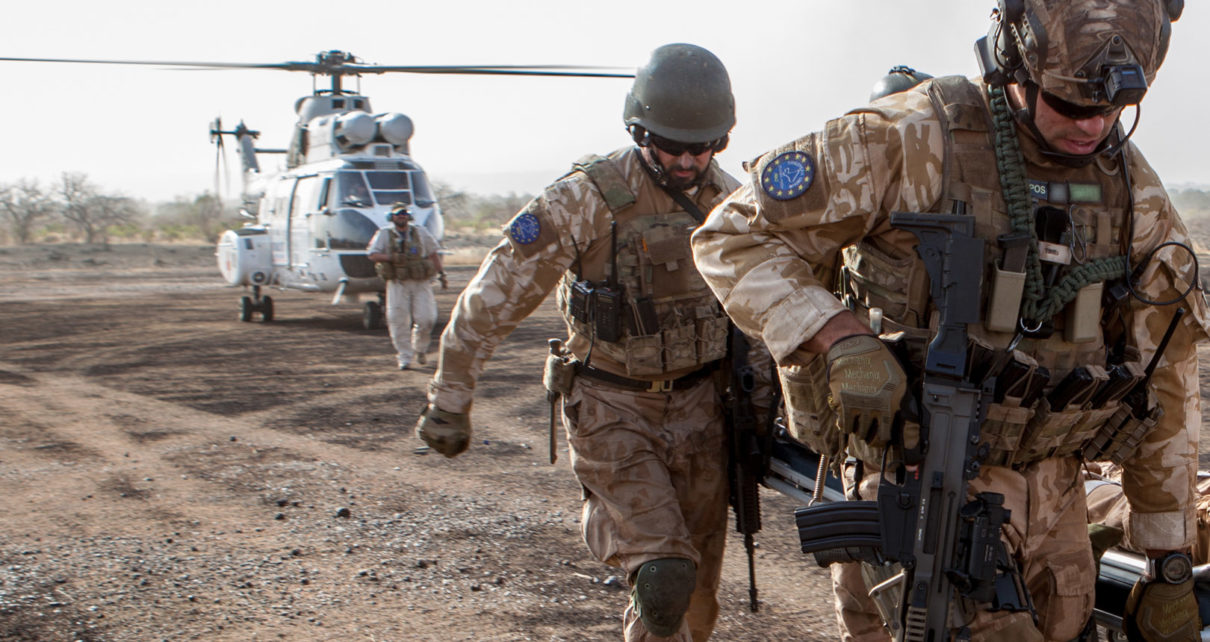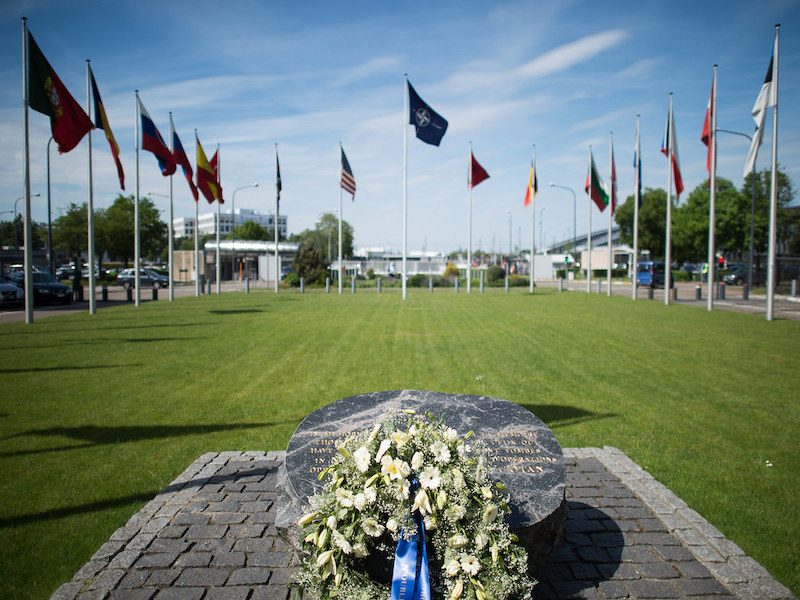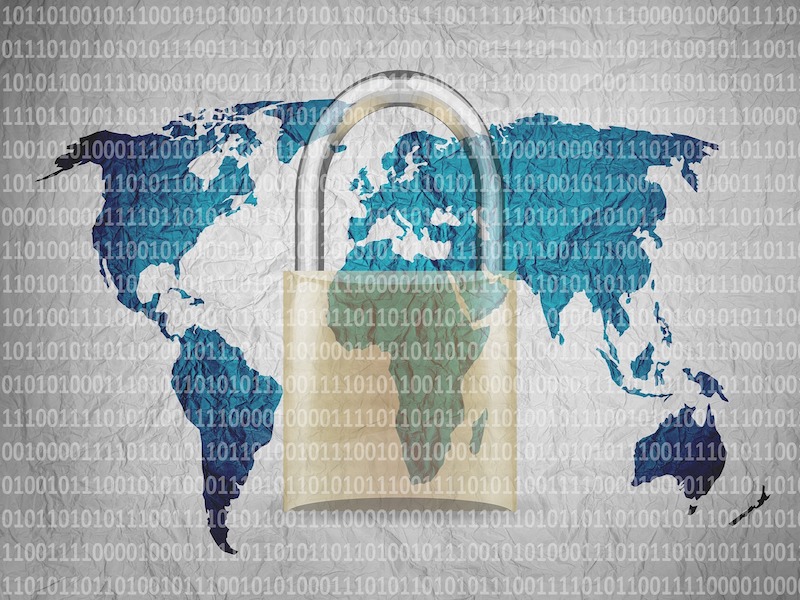In this article, the NATO Field School team explores the benefits and relevance of studying NATO and the rules-based international order for students.
NATO Field School Series
The NATO Field School and Simulation Program is an intensive political science experience that combines coursework with experiential learning.
Students from NATO member states take part in expert briefings across Canada and Europe, immerse themselves in the working environment, and engage in simulations, policy negotiations, and military and political decision-making at the strategic level.
Select students from this program have been chosen by the NATO Association to write weekly articles on briefings, themes, and topics of note.
How can the new EU Arctic Policy improve NATO-EU cooperation?
In October 2021, the European Union unveiled its new Arctic policy, claiming to be a geopolitical power to be reckoned with in the region. What does this new Arctic policy entail, and how can it bolster EU-NATO cooperation in the Arctic?
Shared Burdens: NATO-EU cooperation and the Struggle for Inter-Democratic Legitimacy
As democracy struggles internationally, how have EU-NATO relations faired? How has democracy enabled cooperation? In this article, Jacob Laybolt presents the issue of EU-NATO cooperation as a challenge related to democratic backsliding and the rise of authoritarianism and nationalism.
The Quandary of Corporate Combatants: Wagner Group and the Expansion of Russian Private Security Operations
Who is Wagner Group and what kind of danger do contractors like Wagner pose to global security? In this article, Jacob Laybolt explains the growing strategic importance of private military security companies (PMSCs) to Russian foreign policy, their risk to NATO’s eastern flank, and their relevance in international relations.
Democracy Battles Back: Inside Canada’s Mission to the Baltics with Ambassador Kevin Rex
Canada’s contribution to the enhanced Forward Presence in Latvia began in 2017 and has since become a significant part of NATO’s security architecture in Eastern Europe. In this article, Jack Burnham sits down with Kevin Rex, Canada’s ambassador to the Baltics, to discuss his career, the eFP, and Canada’s relationships with Latvia, Lithuania, and Estonia.
From Security to State-Building: NATO’s Role in the Afghanistan Crisis
In this article, Danna Houssian explores the precedent for NATO’s possible role in the Afghanistan crisis and the politics of NATO involvement in non-member state affairs.
The eFP and Russian Deterrence: From a Common Enemy to a Common Goal
How does NATO work to ensure deterrence? In this paper, Danna Houssian outlines the importance of Canada’s military presence in Latvia to discourage Russian aggression.
Looking towards a European Army: A once impossible idea becomes a growing necessity
Why and how should the EU take back control of its own defence? In this article, Mathias Avezou explains why European security can no longer depend on the US, and what the first steps towards an EU army could look like.
The Stories We Tell Ourselves: Lessons from NATO Headquarters
Completed in 2018, the new NATO headquarters is meant to resemble interlocking fingers, evoking the unity and cooperation of the Alliance. Since its completion, artifacts and memorials have continually been added to the outside of the structure, including a piece of the Twin Towers, a replica of a Trabant, and sections of the Berlin Wall, Read More…
The Colonial Pipeline Cyber-Attack: A Warning for Canada
In early May, Canadians watched in bemusement as images started to appear online of cars stretching for blocks, as fear rose over the possible shutdown of the Colonial Pipeline in the eastern U.S and a potential gas shortage. Then, word started to spread that the shortage was due to Russian hackers, and, at least for Read More…

